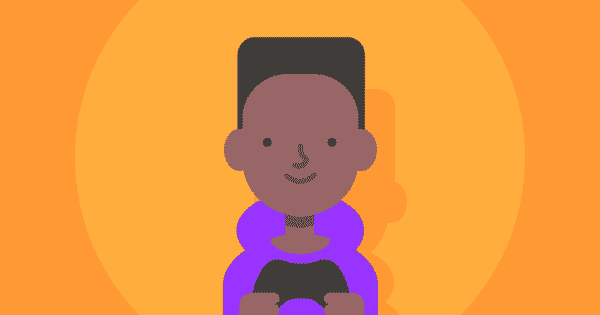Harder to recognise ‘real friends’
Children and young people in care may look for players in online games to provide stable contact and interaction (good or bad) in place of physical interaction. They may have learned not to trust caregiving adults but can be won over by online contacts that do what they say they will do, give rewards, and say positive things.
Gaming includes watching live streams
Videos and live streams of gamer activity on sites like YouTube and Twitch show children and young people how to play games. They enjoy watching these players, who may be professionals, gaming at a higher level. If a child or young person is restricted from playing a game they will turn to these videos and live streams instead, partially negating the effect of not being allowed to play. Also as live streams may be unmoderated, they may be exposed to inappropriate language or content that could impact their wellbeing.
Sharing too much information
Children can also be tempted to ‘overshare’ information online, inadvertently or not, that can identify them, their status, or their carers. This may be through the content of their posts or images (school uniforms, homes, favourite scenes), the regular posting of their location, or through a choice of identifiers such as usernames and gamer tags.
Once in the game, it is common to use a screen name or gamer tag. For example, a username such as janedoe0904 may suggest their DOB as September 2004 making online identification simpler. It can be beneficial to disguise the username, though this may be telling a young person to be untruthful, so accompany this with an age-appropriate discussion around security, privacy, and data protection.


